
Welcome to the 2024 November issue of Foster Family News, a monthly newsletter for current and potential Fairfax County foster parents. Our monthly newsletter shares resources, news, tips, events, and trainings relevant to foster and adoptive parents, children in care, and the resource workers who support them.
| Table of Contents |
|---|
| Feature Articles |
| Events Central |
| Support Groups |
| FAQs, Story in Stats & Foster Care Facts |
| Trainings and Conferences |
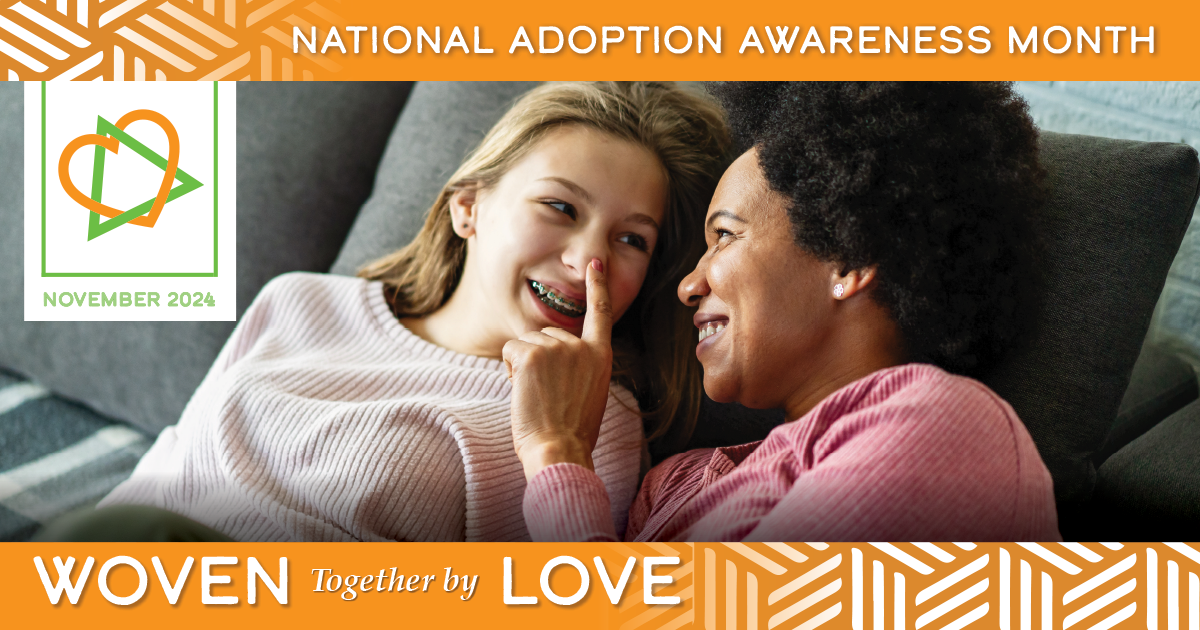 November is National Adoption Month, when we recognize the need and value of adoption in our community. Across the United States more than 64,000 children are legally free for adoption and over 1,100 of those children are in the commonwealth of Virginia. Youth leaving foster care without being adopted or without permanent connections face on-going challenges with employment, education, and mental health, as well as have an increased risk of homelessness and human trafficking. Join us in celebrating all the families who have opened their homes to children through adoption, including the 15 children adopted from foster care last year in Fairfax County. Learn more.
November is National Adoption Month, when we recognize the need and value of adoption in our community. Across the United States more than 64,000 children are legally free for adoption and over 1,100 of those children are in the commonwealth of Virginia. Youth leaving foster care without being adopted or without permanent connections face on-going challenges with employment, education, and mental health, as well as have an increased risk of homelessness and human trafficking. Join us in celebrating all the families who have opened their homes to children through adoption, including the 15 children adopted from foster care last year in Fairfax County. Learn more.
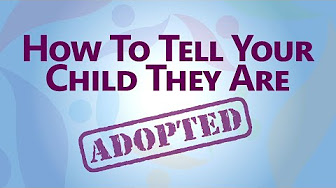 It’s really important for parents to talk to their children openly about their adoption for a number of different reasons. Children often have a sense about unspoken things even from an early age. By having age-appropriate conversations early and often, parents can remove any stigma around adoption. Parents who are forthright about adoption have some control over when and how their children learn their personal story, and they ensure that their children receive constant emotional support, stability, and love. Learn more about how to have these conversations.
It’s really important for parents to talk to their children openly about their adoption for a number of different reasons. Children often have a sense about unspoken things even from an early age. By having age-appropriate conversations early and often, parents can remove any stigma around adoption. Parents who are forthright about adoption have some control over when and how their children learn their personal story, and they ensure that their children receive constant emotional support, stability, and love. Learn more about how to have these conversations.
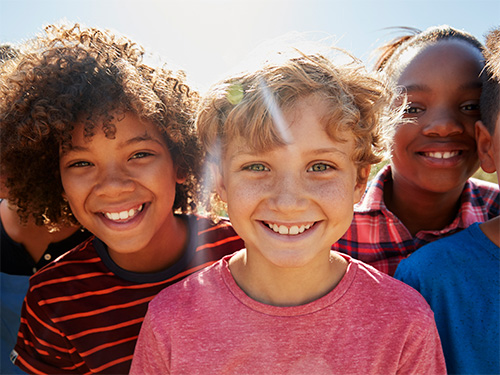 The Community Foundation for Northern Virginia created the Our Children Fund “to provide financial assistance for ‘normalizing’ items and experiences to children in the Fairfax County foster care system.” It’s a great resource for children, teenagers, and young adults up to 21 years old who have not achieved permanency (return home, relative placement, or adoption). Funds can be used to address their otherwise unmet medical, social, emotional, and educational needs such as lessons, camps, and afterschool activities. Online applications can be submitted by a foster parent, adult youth in foster care, social worker, or other responsible adult. Learn more about this valuable community resource.
The Community Foundation for Northern Virginia created the Our Children Fund “to provide financial assistance for ‘normalizing’ items and experiences to children in the Fairfax County foster care system.” It’s a great resource for children, teenagers, and young adults up to 21 years old who have not achieved permanency (return home, relative placement, or adoption). Funds can be used to address their otherwise unmet medical, social, emotional, and educational needs such as lessons, camps, and afterschool activities. Online applications can be submitted by a foster parent, adult youth in foster care, social worker, or other responsible adult. Learn more about this valuable community resource.
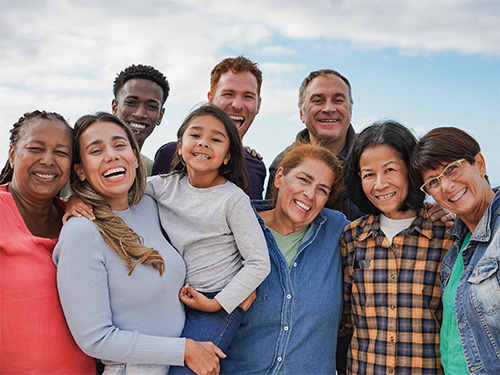 The National Council for Adoption recently completed research reports about the distinct groups impacted by adoption. Adding to the body of research of adult adoptees and adoptive parents, these studies provide a lot of positive feedback about adoption outcomes in the US. Learn more.
The National Council for Adoption recently completed research reports about the distinct groups impacted by adoption. Adding to the body of research of adult adoptees and adoptive parents, these studies provide a lot of positive feedback about adoption outcomes in the US. Learn more.
 Especially for children adopted out of foster care, biological family relationships are an essential part of their lives that aren’t forgotten once they are adopted. When adoptive parents help their children to maintain healthy contact with relatives, it is beneficial to the child’s sense of belonging and well-being. This Adopt US Kids article shares research about how maintaining biological relationships can help children lower their anxiety, understand their history, and have higher self-esteem. It also provides a variety of strategies to successfully maintain contact, while allowing adoptive families to maintain their authority and their children’s stability. View the Strategies!
Especially for children adopted out of foster care, biological family relationships are an essential part of their lives that aren’t forgotten once they are adopted. When adoptive parents help their children to maintain healthy contact with relatives, it is beneficial to the child’s sense of belonging and well-being. This Adopt US Kids article shares research about how maintaining biological relationships can help children lower their anxiety, understand their history, and have higher self-esteem. It also provides a variety of strategies to successfully maintain contact, while allowing adoptive families to maintain their authority and their children’s stability. View the Strategies!
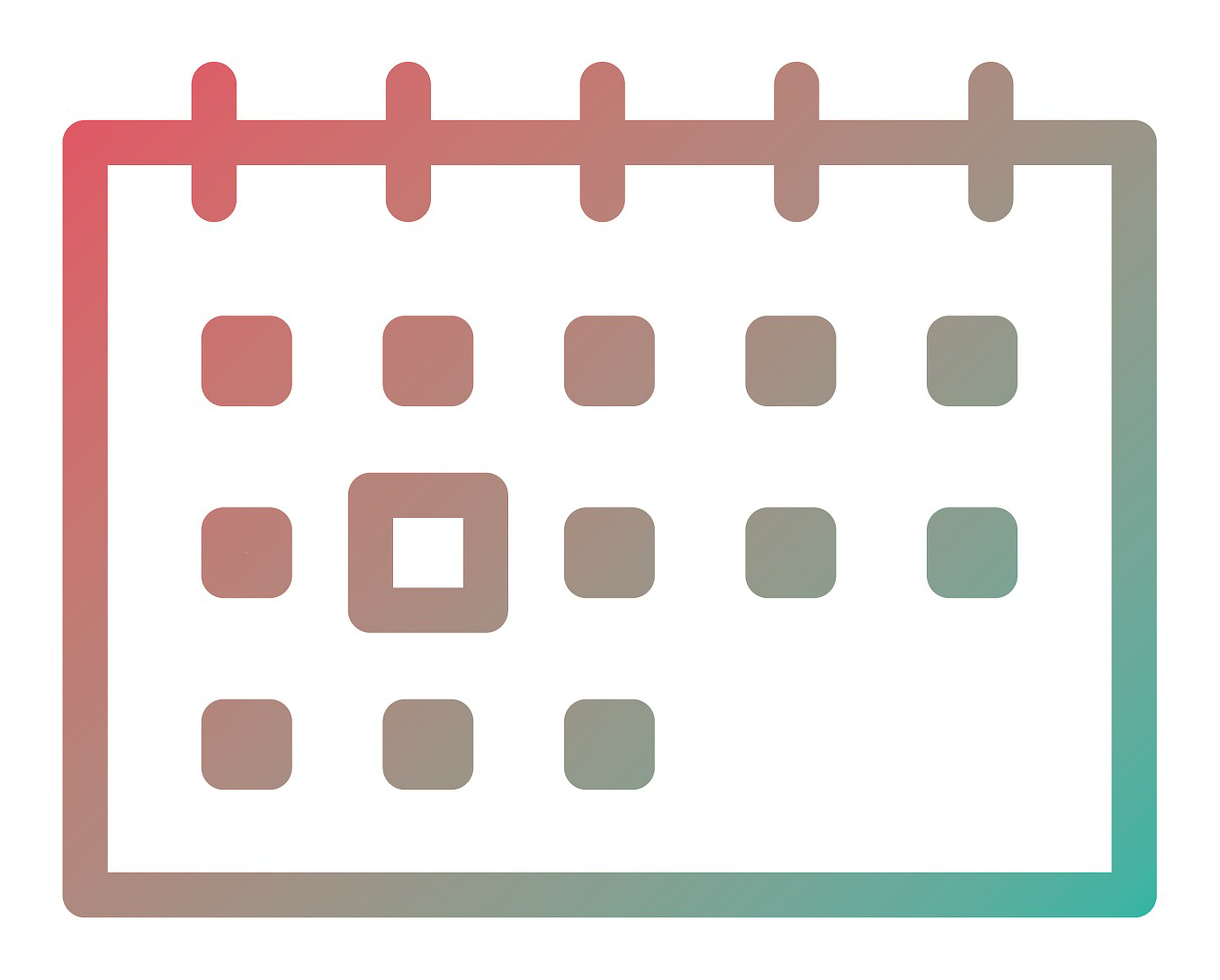 Respite Nights, Foster the Family D.C.
Respite Nights, Foster the Family D.C.
Offering occasional respite nights on Saturday evenings in three counties in the DMV area. During a respite night, they provide three hours of free childcare in a safe, fun, trauma informed space. Respite nights are for any children in the home of local foster, adoptive, and kinship families. Contact hellodc@fosterthefamily.org for details.
- November 9 in DC (ages 5-12 years)
- November 23 in Reston, VA (ages 0-12 years)
- November 23 in Rockville, MD (ages 0-12 years)
Family Night at Believe: Imagination Station hosted by Foster the Family D.C.
Friday, Nov. 8, 2024
6:30-8 p.m.
We would love to see you at our 3rd Family Night at Believe: Imagination Station in Warrenton, VA. This event is for foster, adoptive, and kinship families in the area. Snacks will be provided and there will be activities for the whole family. Register here.
Black Hair Care Workshop hosted by Alexandria Center for Children and Families
Saturday, Nov. 16, 2024
12:30-3 p.m.
Resource Families in and outside of Alexandria are welcome to this event at the Department of Community and Human Services in Alexandria, VA. To RSVP, email Odessa.Becker@AlexandriaVA.gov by November 4.
Save The Date! Winter Wonderland 2024 hosted by Foster the Family D.C.
Saturday, Dec. 7
Our annual holiday celebration is back for the whole family. Enjoy a morning of seasonal festivities for all ages. Registration opens November 16! Learn more.
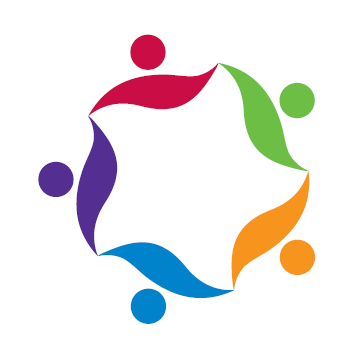 The Department of Family Services supports families and county residents of all ages and stages of life – and that definitely includes foster parents and families! Like and Follow @FairfaxCountyFamilyServices for news, events, tips, stories, training opportunities and more.
The Department of Family Services supports families and county residents of all ages and stages of life – and that definitely includes foster parents and families! Like and Follow @FairfaxCountyFamilyServices for news, events, tips, stories, training opportunities and more.
A variety of organizations offer support to adoptive, foster, and kinship care families in our region. Register online for a preferred support group.
Tuesday, Oct. 1-Nov. 19, 6:30-8 p.m. – Stronger Together Youth and Young Adult Peer Support Group introduces teens and young adults (age 14 – 22) to skills to help navigate everyday challenges
Thursday, Nov 7, 6:30-8 p.m. – Formed Families Forward Virtual Fairfax Kinship Support Group for caregivers to safely share their experiences, concerns, and frustrations with their peers. In partnership with Fairfax County Government.
Monday, Nov. 11, 6:30-8 p.m. – Foster the Family D.C. Support Groups for foster, kinship, and adoptive moms throughout the region. As of Jan. 2024, support group attendance may count towards training and recertification hours. Childcare is limited and will close by Friday, November 8.
- Prince William County, Register Here
- Fairfax County, Register Here
- Montgomery County, Register Here
Wednesday, Nov. 20, 7-8:30 p.m. – Formed Families Forward in-Person Peer Support Groups for foster, adoptive, and kinship families.
Each newsletter will include this section to help answer questions, spotlight the people who support foster families, highlight the donors and sponsors who generously give to foster care programs and activities and friendly reminders for foster families to sign-up for trainings.
 What is the role of the Permanency Coordinator and why was one assigned to the child in my home?
What is the role of the Permanency Coordinator and why was one assigned to the child in my home?
Answer: The role of the permanency coordinator is to provide intensive support and casework services, to help achieve permanency and/or find lifelong connections for a child in foster care. Legal permanency can occur through reunification, placement with relatives, or adoption. Lifelong connections refer to adults who demonstrate that they have entered an unconditional lifelong relationship with a child and the child agrees that the adults will have this role in their life. The goal of this position is to help reduce the number of children who leave foster care without permanent families or lifelong connections. The permanency coordinator may work directly with the child or with the foster, biological, or adoptive family, to remove barriers to successfully achieving permanency and lifelong connections. Some of the services the permanency coordinator may provide are:
- Family Finding/Family Search – A search for biological family members.
- Mobility Mapping – An activity with the child, to identify possible family members or lifelong connections.
- Permanency Assessments – Assessments that help the child and foster parents determine readiness for permanency.
- Child-Specific Recruitment – Assistance in identifying an adoptive family for a specific child.
Check out other frequently asked questions and answers from past issues.



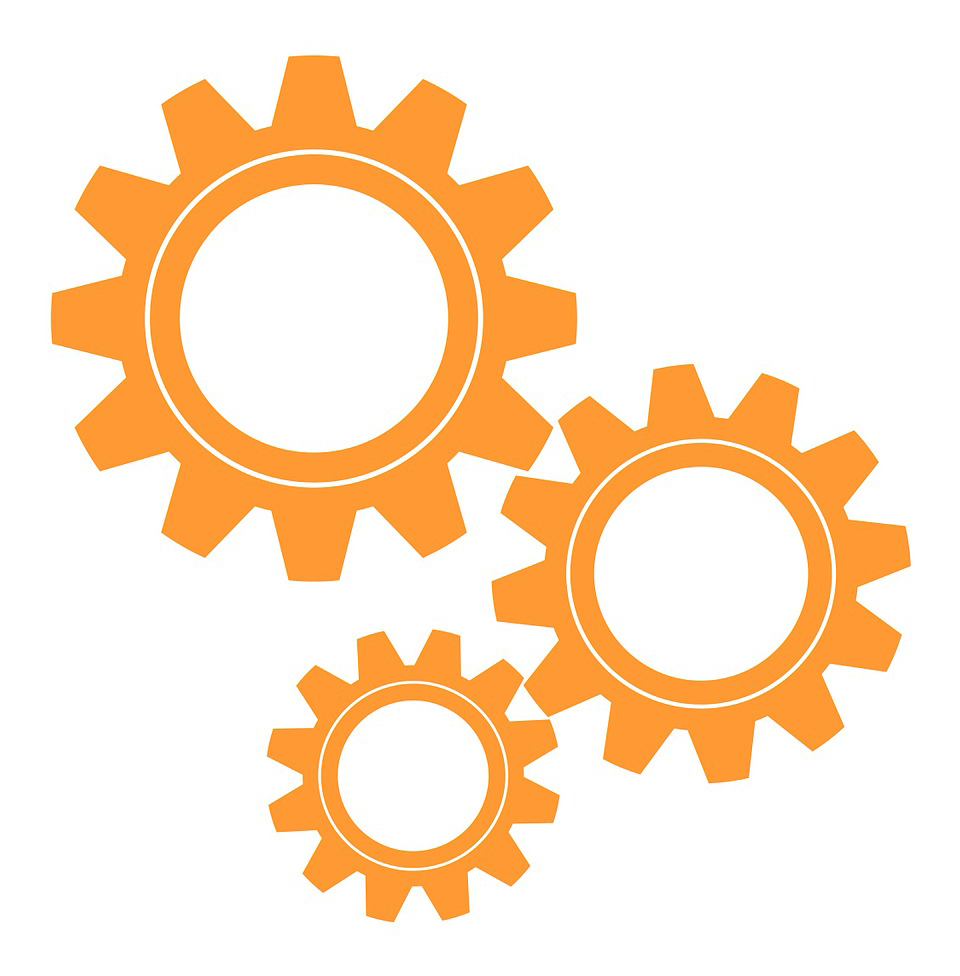
 What do you want to see in Foster Family News?
What do you want to see in Foster Family News?